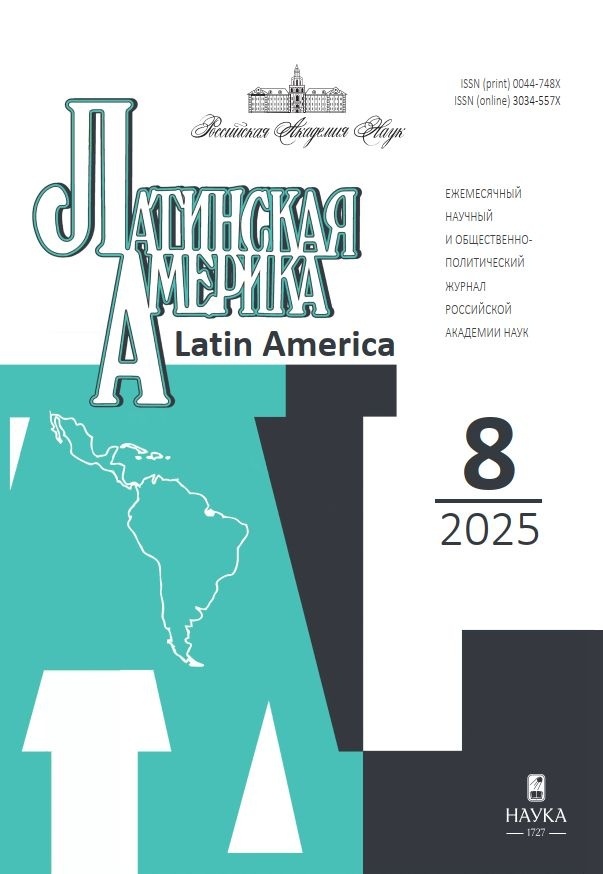Reception of the Spanish “encomienda” system in Latin America. The Laws of Burgos of 1512 and the New Laws of 1542 as sources of international law
- 作者: Smirnova E.S.1
-
隶属关系:
- the International Slavic Institute
- 期: 编号 8 (2025)
- 页面: 22-30
- 栏目: Society
- URL: https://ruspoj.com/0044-748X/article/view/691048
- ID: 691048
如何引用文章
详细
The article examines the background of Spain's introduction of a set of laws aimed at protecting the indigenous population of Latin America. The purpose of the study is to determine the leading role of Christian missionaries' preaching in this matter, as well as the support of secular authorities. Historically, from the perspective of comparative studies, the analysis of international norms is a way to prove the thesis that the norms of the League of Nations, the International Labor Organization (ILO) and the United Nations (UN) continued the ban on the use of slave labor. The significance of the laws adopted in the 16th century is of great theoretical and practical importance. The humanism of the legislation of the past centuries can be called the basis for the subsequent struggle for human and peoples' rights. To summarize, the further development of the regulatory framework for combating slavery can be called the reception of the norms of law of the XVI century.
作者简介
Elena Smirnova
the International Slavic Institute
编辑信件的主要联系方式.
Email: es.selesta2010@yandex.ru
ORCID iD: 0000-0002-0345-8549
PhD in Law, Researcher
俄罗斯联邦, Godovikova Str., 9, p. 25, 129085 Moscow, Russian Federation参考
补充文件








